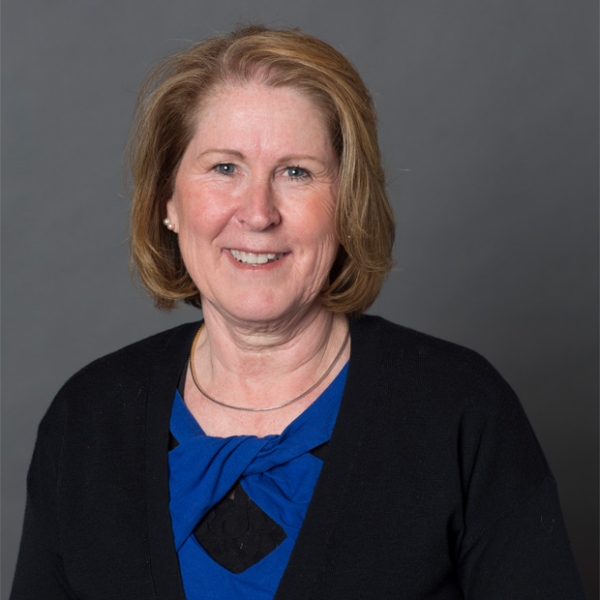Advocating for a brighter financial future for veterinarians
President’s Column: Dr. Mike Topper

Even as a child, Eliana Greissworth knew she wanted to be a veterinarian. Now a third-year student at the Michigan State University College of Veterinary Medicine, Eliana’s interest is in large animal practice. She plans to spend a few years in private practice after graduation, then pursue a career in the public sector.
But Eliana, a former AVMA extern who recently completed her term as president of MSU’s SAVMA chapter, admits that rising veterinary school costs gave her second thoughts about pursuing a career in veterinary medicine.
To help offset the cost of veterinary school, Eliana has applied for scholarship after scholarship. The application process has been time-consuming, but her strategy has worked. Still, she has concerns about others who may be deterred from becoming veterinarians because of the debt that pursuing a veterinary education brings.
“Honestly, pursuing this career does present some financial challenges,” she says. “Yet, veterinarians are critical to protecting public health, providing quality care to our pets, and protecting our food supply. The high cost of a veterinary degree and the starting pay we receive once we enter the workforce doesn’t only affect us personally and financially, but veterinary medicine itself suffers when talented, qualified, creative people with tighter financial means turn away from the profession.”
Eliana is just one of many veterinary students coping with the costs of a veterinary medical education. At the AVMA, we understand the impact this can have on our students and young professionals. That’s why we have been and always will be committed to improving the economic well-being of veterinarians, particularly when it comes to promoting action to reduce student debt.
Here are a few examples of how the AVMA is working to tackle this issue.
Higher education funding
We are happy to see that Congress continues its work on reauthorizing the Higher Education Act. However, the Promoting Real Opportunity, Success, and Prosperity through Education Reform (PROSPER) Act, which has been proposed as a part of that process, contains several provisions that negatively impact the veterinary profession. We are working aggressively to improve that legislation and eliminate the provisions that could potentially worsen student debt.
Public service loan forgiveness
One of our top priorities has been advocating for the preservation of the Public Service Loan Forgiveness Program. We need the program to continue to benefit students like Aaron Judson, a third-year student at the Tuskegee University College of Veterinary Medicine who serves as president of his SAVMA chapter and SAVMA chapter representative. Aaron’s calling to become a veterinarian came in middle school, when members of his class were assigned a project that focused on their career goals. He also cared for the animals in his teacher’s science lab, and he offered to pet-sit for friends who were going out of town. Aaron’s interests are in the areas of wildlife conservation and public health, and he hopes to enter the U.S. Army Veterinary Corps after graduation and eventually move into civil affairs.
“While thoughts about the high cost of a veterinary education never deterred me from pursuing my dream, I can’t help but wonder how I will be able to live comfortably financially after receiving my veterinary degree,” he confesses. “Besides applying for scholarships, I intend to start off on the right foot by implementing a plan for paying off my debt, which includes bringing my finances under control and sticking to a budget.”
Veterinary Medicine Loan Repayment Program Enhancement Act
To help alleviate the debt burden, the AVMA also continues to advocate for additional funding for the Veterinary Medicine Loan Repayment Program, which we played a key role in implementing, and for passage of the VMLRP Enhancement Act.
With the stakes so high, it’s important that our elected officials hear how initiatives such as these will impact students like Eliana and Aaron. Being an advocate is fast and easy, and there are many ways to get involved. One is to contact your members of Congress through the AVMA Congressional Advocacy Network’s website. Another is to join the AVMA Political Action Committee and make your voice heard. The advocacy section of our website has more information about these and other ways to get involved.




Comments
Add New Comment